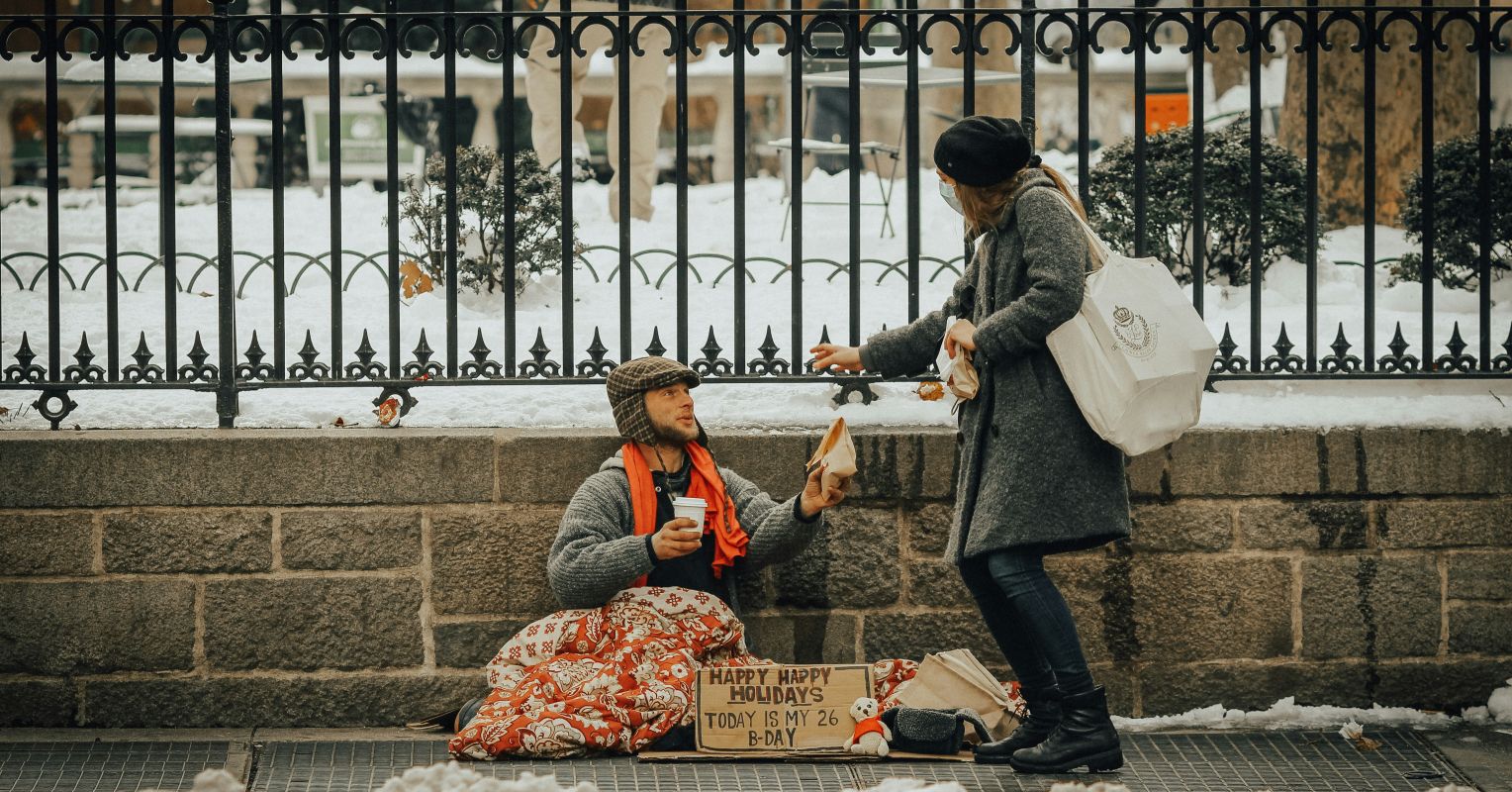
"Many people know about secondary trauma. Fewer people know about the risks of moral distress and moral injury. In times of stress and uncertainty, those who care for others are especially emotionally vulnerable. Simple practices like mindful breathing, gentle movement, or grounding moments help our emotional resilience. Connection, purpose, and small restorative acts are the building blocks of sustainable community care."
"Most people in helping professions or community work realize that this work can take a toll: secondary trauma, the emotional stress of witnessing or hearing about others' suffering, and compassion fatigue, the emotional exhaustion that comes from prolonged caregiving, are common risks. Fewer people know about the risks of moral distress and moral injury -the inner conflict and lasting impact that occur when our actions, or our inability to act, violate our core values."
Many people who work to create healthier and safer communities—educators, healthcare workers, social workers, community organizers, advocates, and volunteers—carry heavy emotional and ethical burdens. Increasing community conflict, divisive public discourse, and strained systems widen the gap between what helpers know should be done and what they can accomplish. Common risks include secondary trauma and compassion fatigue; less recognized risks include moral distress and moral injury, which arise when external constraints prevent acting according to core values or when actions violate those values. These strains can produce profound physical and mental health effects. Simple practices such as mindful breathing, gentle movement, grounding moments, connection, purpose, and small restorative acts support emotional resilience and sustainable community care.
Read at Psychology Today
Unable to calculate read time
Collection
[
|
...
]